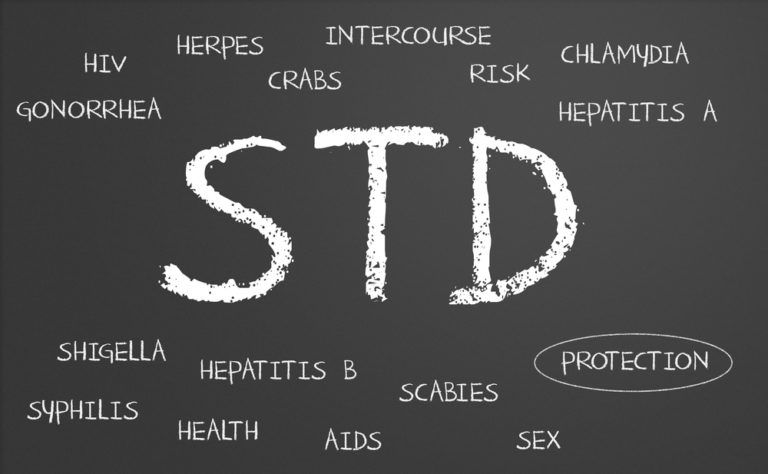Womens Health – STD Testing

Sexually transmitted diseases, or STDs, are infectious diseases communicated via sexual contact. Even skin-to-skin contact is enough to spread some infections, such as genital herpes or warts. Some STDs are bacterial while others are viral. Bacterial infections are generally recognized as curable using antibiotics and medical oversight. Viral infections, on the other hand, are non-curable and persist chronically for life. However, treatments are still available to help manage viral STD symptoms and improve the quality of life.
Did you know…that the Centers for Disease Control reports that there are more than 19 million new cases of sexually transmitted diseases in the U.S. every year? The highest rates of newly acquired STD infections are found among adolescent teens and young adults. In fact, approximately half of all young adults will acquire a sexually transmitted infection by age 25. That is why frequent screenings are recommended for sexually active teens and adults age 25 and younger. Additional STD-related screening may still be necessary after age 25 – just not as frequently. |
Frequently Asked Questions
I am sexually active. Do I need to be screened for an STD?
Yes. Many patients are diagnosed with STDs unexpectedly and without prior symptoms. Early treatment and management are paramount to preventing severe side effects and long-term complications, such as infertility. You should begin periodic STD screenings soon after your first sexual encounter.
What should I expect during an STD screening?
During your visit, you will begin by speaking with your doctor about your sexual habits, symptoms, and the number of partners you have had in the past. You will provide a urine sample to test for certain bacterial infections, as well as a blood test to test for viral diseases like HIV, herpes and hepatitis. If you have any open sores or visible blemishes on your genitals, your doctor may also conduct a swab test. Most STD screening results are available within a week to 10 days following your appointment – with the exception of HIV screenings, which may be available immediately.
Will I need to follow any special instructions following my STD screening?
If your STD screening is found to positive for a sexually transmitted infection, you may be given special instructions for treatment and preventing the spread of your STD to your partner(s). If your STD screening is negative, you will not require treatment, but may be advised to take steps to better prevent an STD in the future. This may include getting immunized for hepatitis A and B, as well as HPV. You may also be advised to practice safer sex.
